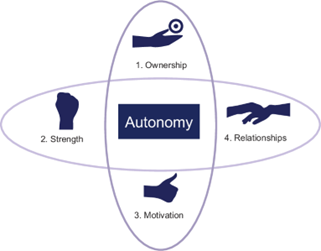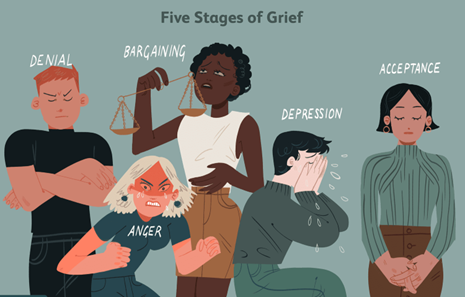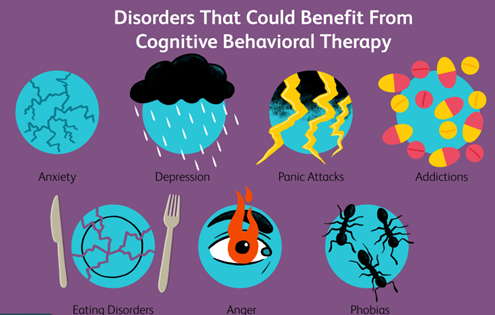A psychiatric registered nurse best implements the ethical principle of autonomy when he or she:
Select one:
suggests that two patients who have been fighting stay in their rooms.
explores alternative solutions with a patient, who then makes his/her own choice among the alternatives
stays with a patient who is demonstrating a severe level of anxiety.
intervenes when a self-mutilating patient attempts to harm him/herself.
The Correct Answer is B
The ethical principle of autonomy refers to an individual's right to make decisions about their own healthcare, treatment, and life choices. As a registered nurse, it is important to respect and promote the autonomy of patients. Option b best exemplifies the implementation of the ethical principle of autonomy because it involves exploring alternative solutions with the patient and allowing them to make their own choice among those alternatives. This approach respects the patient's right to make decisions about their own care, while also ensuring that they have the information they need to make an informed decision.
Option a suggests that the nurse is imposing their own decision on the patients, which violates the principle of autonomy.
Option c may involve staying with the patient to provide support and reassurance, but it does not necessarily involve promoting the patient's autonomy.
Option d involves intervening to prevent harm to the patient, which may be necessary at times but is not necessarily an example of promoting the patient's autonomy.

Nursing Test Bank
Naxlex Comprehensive Predictor Exams
Related Questions
Correct Answer is C
Explanation
This statement shows that the client is not accepting the reality of their prognosis and is dismissing the doctor's professional opinion. Denial is a common stage in the grief process where individuals may refuse to believe or accept a difficult reality, often as a coping mechanism to avoid the pain and sadness of the situation. Options a, b, d, and e do not indicate denial and instead may suggest fatigue, acceptance, physical weakness, and anger or frustration, respectively.

Correct Answer is A
Explanation
Cognitive therapy is a type of psychotherapy that focuses on identifying and changing negative thought patterns and beliefs that contribute to psychological distress. In this case, the single parent is experiencing feelings of inadequacy related to work and family since one teenaged child ran away 2 weeks ago. The cognitive therapist would work with the client to identify any negative or distorted thoughts they may be having about themselves, their situation, and their ability to cope.
Through cognitive therapy, the therapist would help the client learn how to challenge and change their negative thoughts and beliefs, replacing them with more realistic and positive ones. The goal of cognitive therapy is to help the client develop new coping skills and ways of thinking that will enable them to better manage their emotions and improve their overall well-being.
Option b, negatively reinforcing an undesirable behavior every day to avoid it, is not a component of cognitive therapy. This approach is more aligned with behavioral therapy, which focuses on modifying behaviors through reinforcement and punishment.
Option c, focusing on conscious mental processes, is partially correct, as cognitive therapy does focus on conscious mental processes. However, this alone does not fully capture the essence of cognitive therapy.
Option d, always discussing Freud ego stages, is not relevant to cognitive therapy, as it is a psychoanalytic approach developed by Freud that focuses on the unconscious mind and early childhood experiences.

Whether you are a student looking to ace your exams or a practicing nurse seeking to enhance your expertise , our nursing education contents will empower you with the confidence and competence to make a difference in the lives of patients and become a respected leader in the healthcare field.
Visit Naxlex, invest in your future and unlock endless possibilities with our unparalleled nursing education contents today
Report Wrong Answer on the Current Question
Do you disagree with the answer? If yes, what is your expected answer? Explain.
Kindly be descriptive with the issue you are facing.
